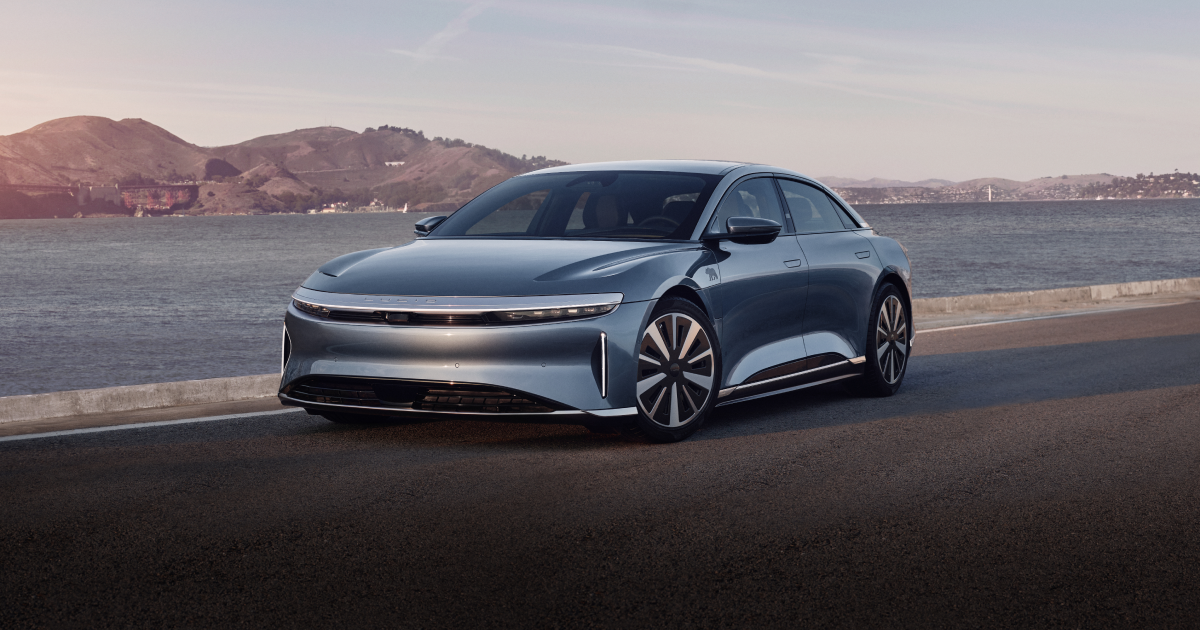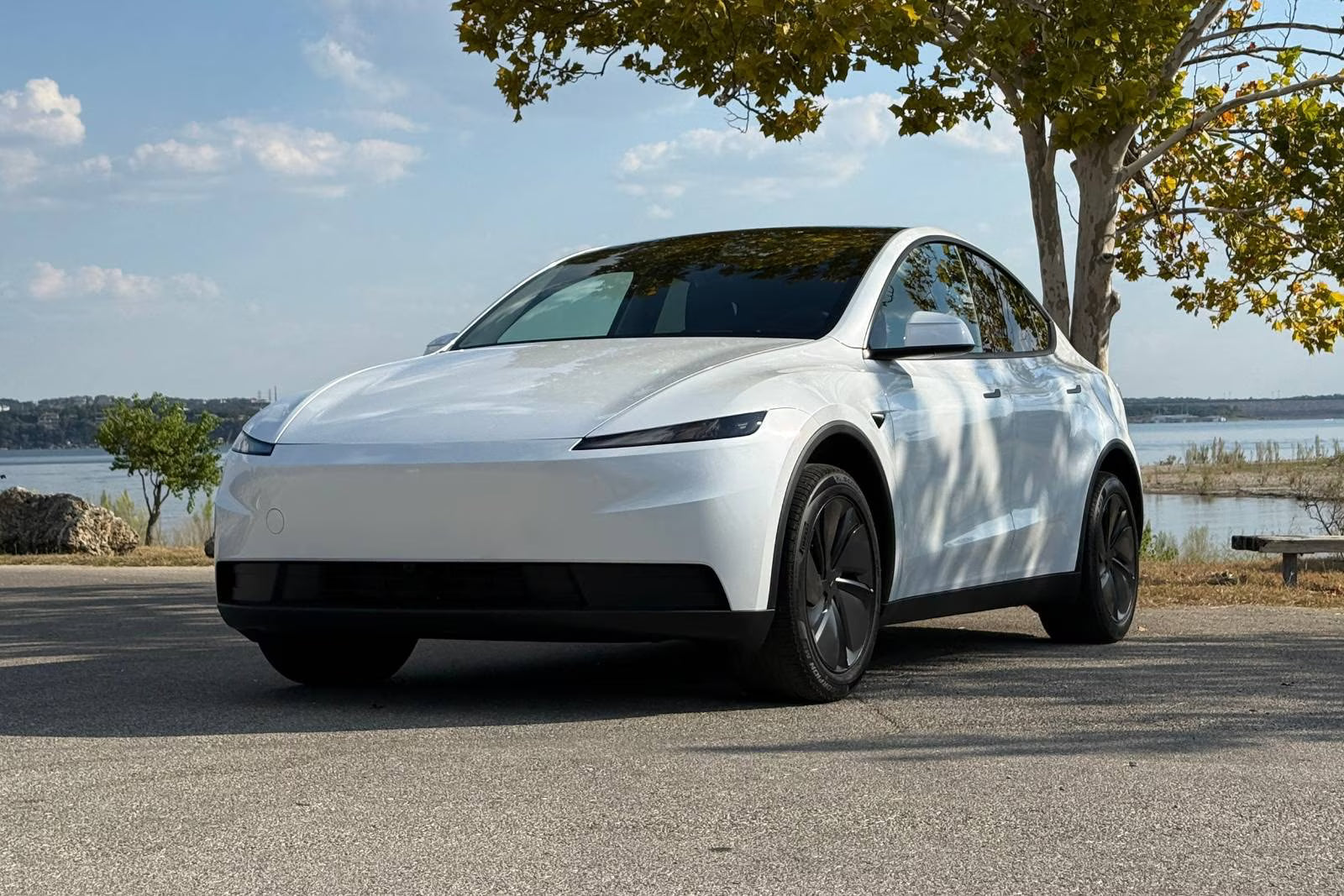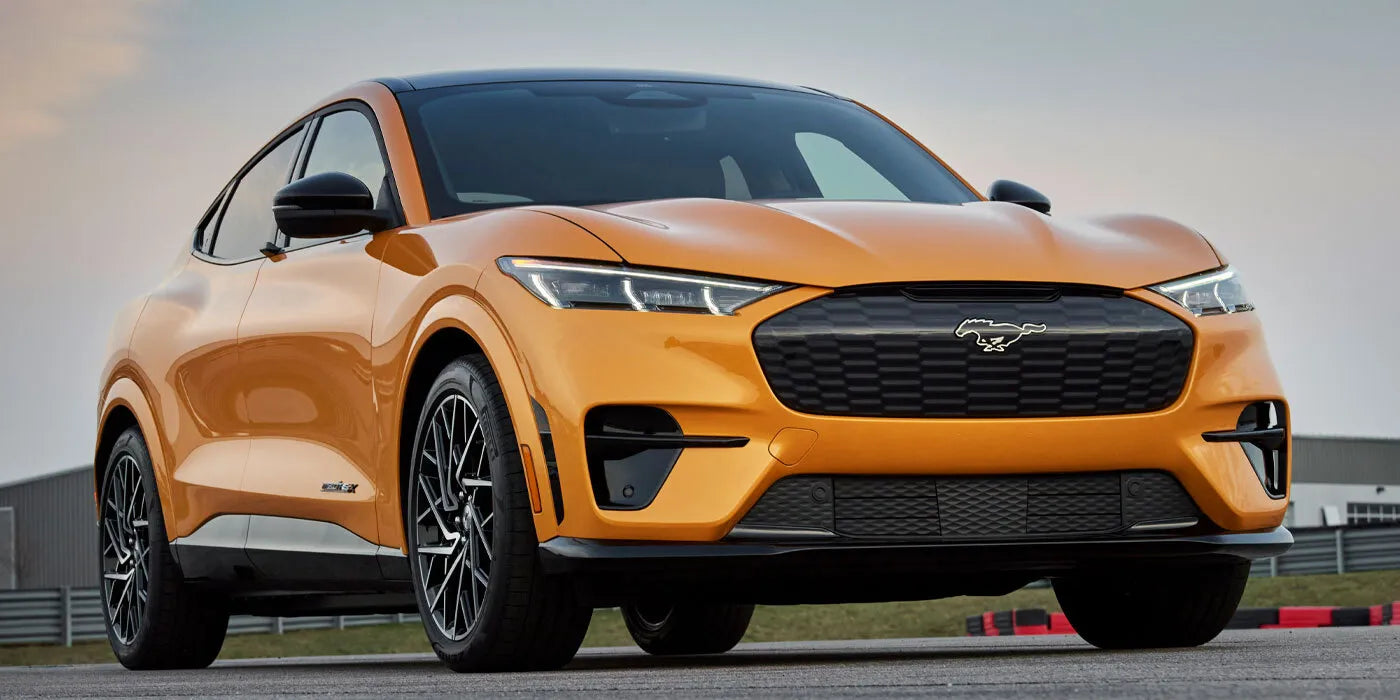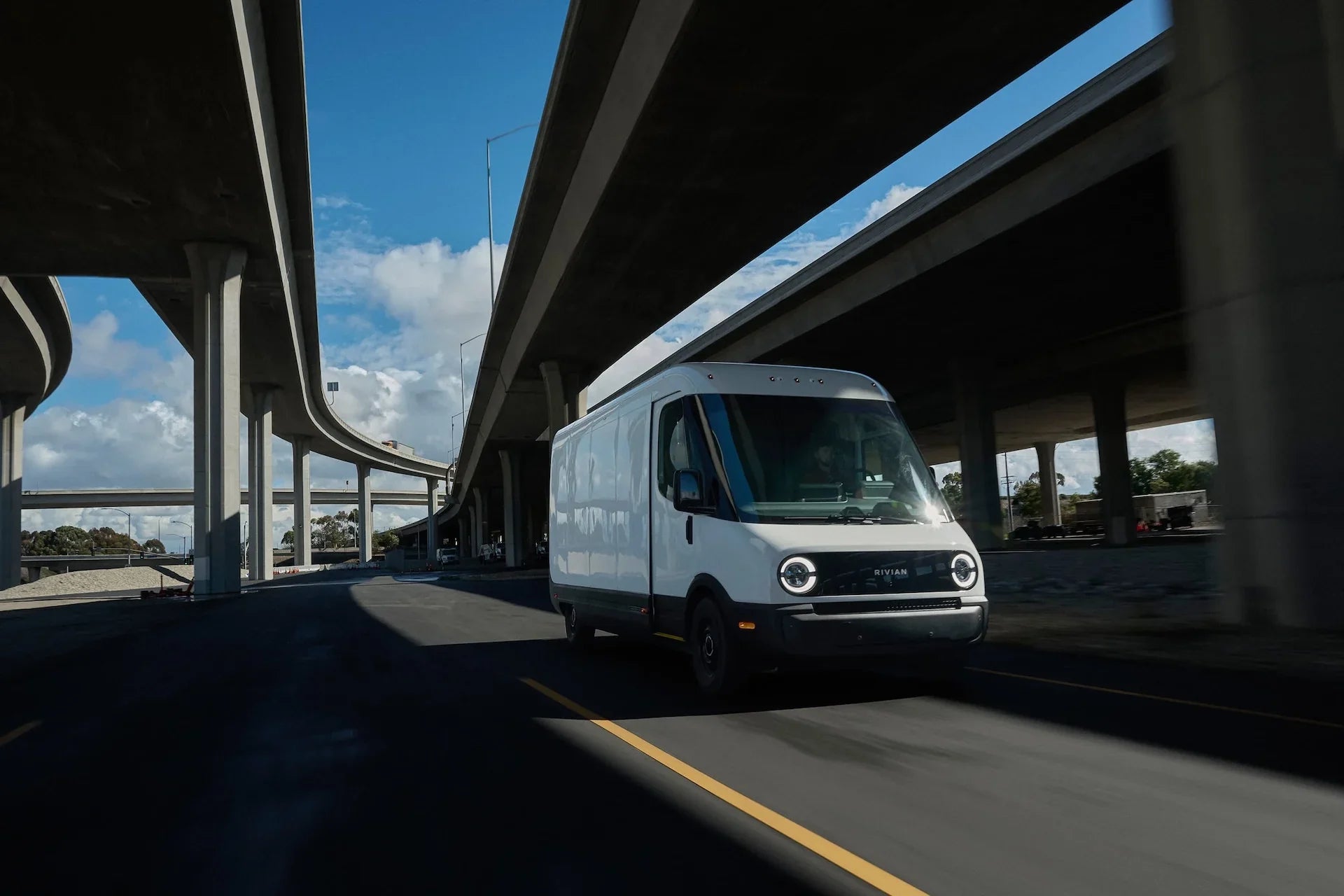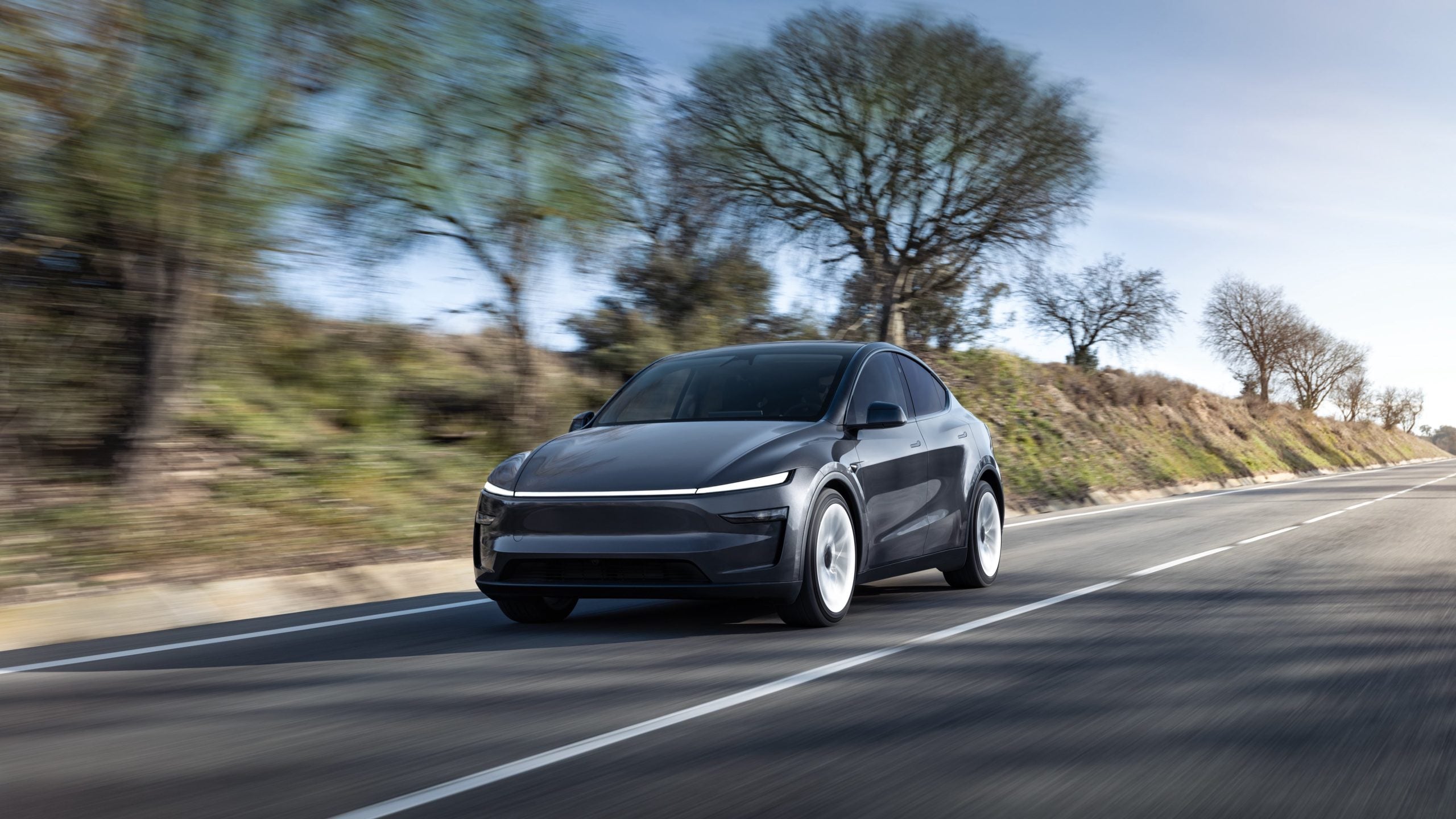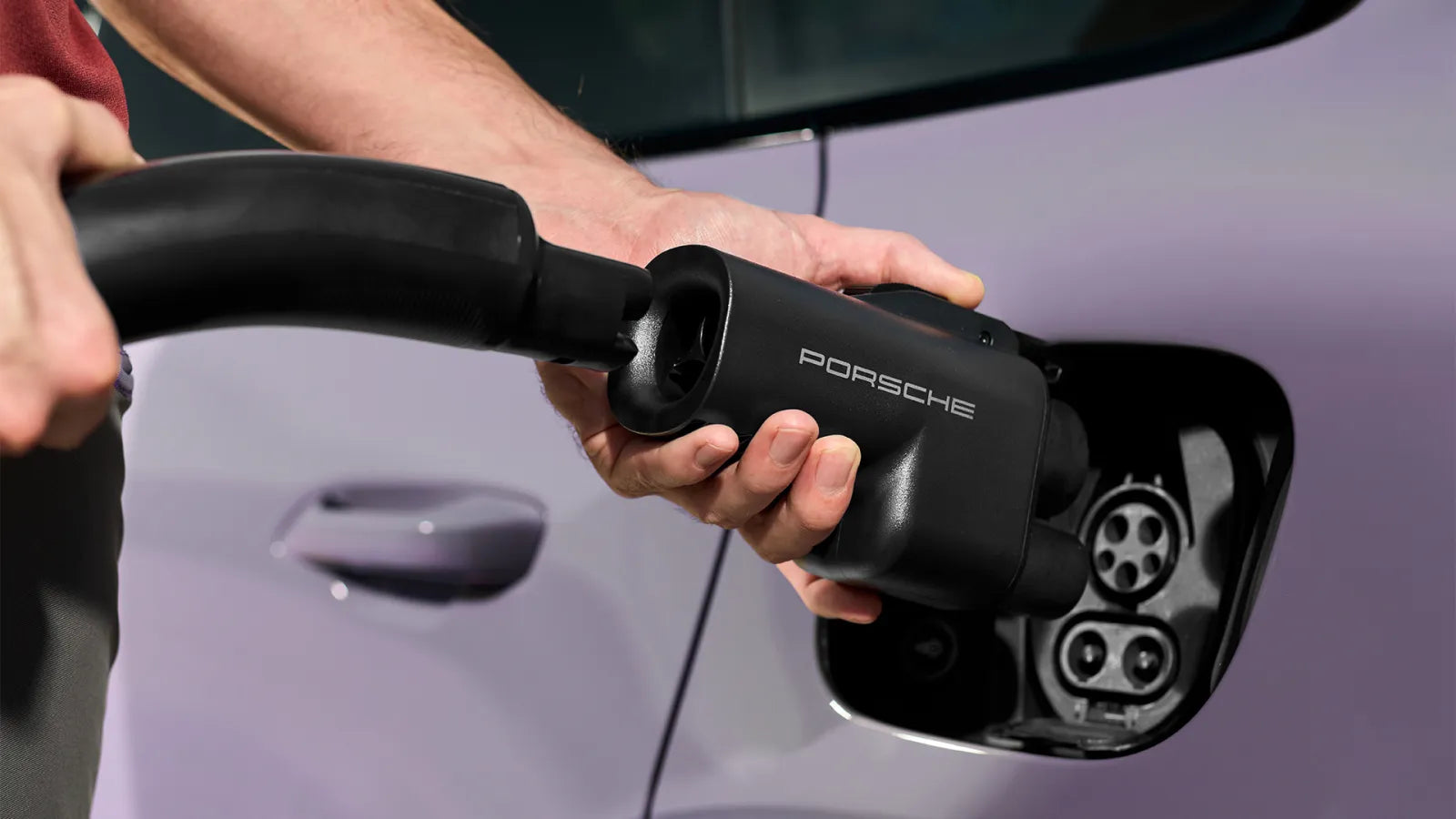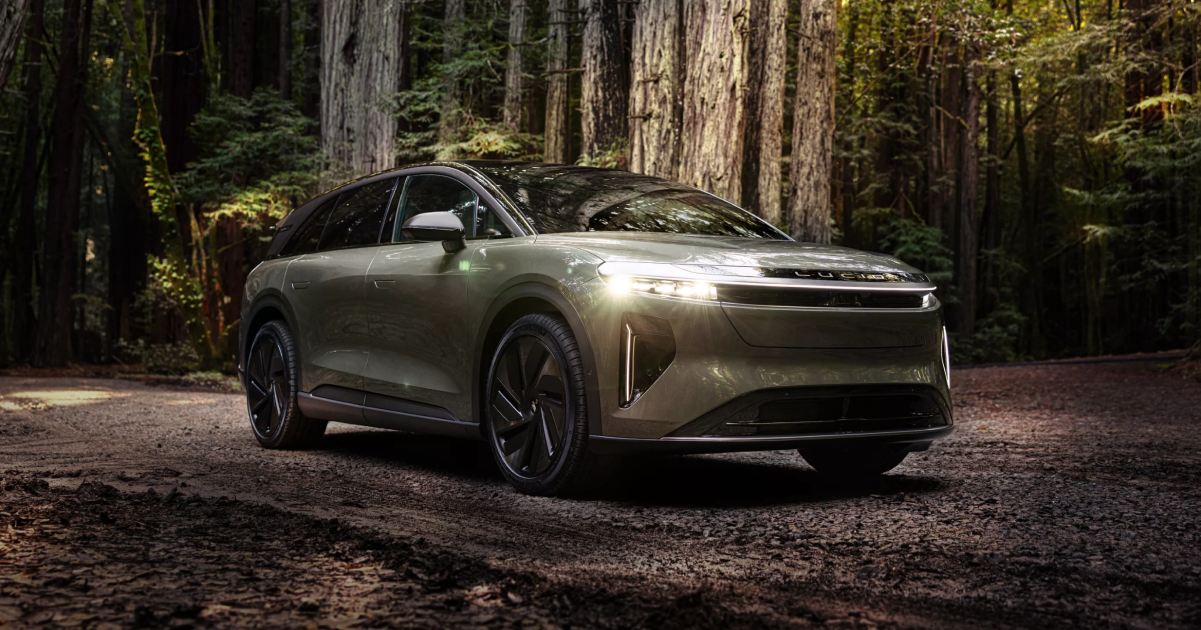Consumer Reports’ latest data shows a sharp split in Tesla reliability: new models rank among the most dependable EVs, while used Teslas from 2016–2021 place last. The report also highlights broader EV issues and names the top used-car brands.
Nachricht
- Alle
- Audi
- Autonomous Vehicles
- Battery Tech
- BMW
- Buying Guide
- BYD
- Charging
- Chevrolet
- China
- Climate
- Design
- Elon Musk
- Fiat
- Ford
- General Motors
- Honda
- Hyundai
- Industry Outlook
- Jeep
- Kia
- Lucid Motors
- Mazda
- Mercedes-Benz
- Model Comparisons
- Monthly EV Lease Deals
- Monthly EV Recommendation
- Nissan
- Polestar
- Policies & Incentives
- Porsche
- Pricing
- Renault
- RIVIAN
- Sales
- Scout Motors
- Slate Truck
- Subaru
- Tesla
- Toyota
- User Guide
- Volkswagen
- Volvo
- Xiaomi
- Xpeng
- Zeekr
300-Mile EV Road Trip Using Only Free Chargers: What One Driver Learned
A UK EV driver attempted a 300-mile loop using only free public chargers. His journey revealed long waits, planning strategies, charger reliability issues, and how older EVs remain cost-effective for short trips.
Trump Moves to Roll Back U.S. Fuel-Economy Standards
The Trump administration is preparing a major rollback of U.S. fuel-economy rules, lowering efficiency targets for automakers. The move may trim vehicle prices but could raise fuel costs and slow the nation’s progress toward cleaner cars.
Rivian Issues U.S. Recall for Electric Delivery Vans Over Seatbelt Defect
Rivian is recalling 34,824 electric delivery vans due to potential damage to the driver’s seatbelt pretensioner. The fix includes inspections, replacements, and a new software update, though no related injuries have been reported.
Trump’s Fuel-Economy Rollback Will Raise Drivers’ Costs
The administration’s plan lowers fuel-efficiency targets to reduce upfront car prices, but experts say drivers will pay more for gasoline. The rollback weakens clean-vehicle policy, benefits legacy industries, and risks U.S. competitiveness.
How Hyundai’s Ioniq 5 Proves EVs Can Excel in Harsh Winter Conditions
A winter storm test shows the Hyundai Ioniq 5 excels in snow thanks to its Snow Mode, which softens throttle, reduces regen, and stabilizes traction. The result is confident, predictable winter performance.
Kia EV2 Set for January Reveal as Europe’s Next Entry-Level Electric SUV
Kia’s new EV2 will debut in January as a compact, Europe-focused electric SUV built on the E-GMP platform with two battery options. Designed and produced in Europe, it targets rivals like the Renault 5 and Hyundai Inster with expected pricing near €30,000.
Where Should EV Drivers Store All Their Charging Adapters?
As U.S. EVs adopt NACS, owners carry multiple adapters — NACS, CCS, J1772 — and struggle to store them. They use trunks, frunks, consoles or aftermarket holders. The article urges automakers to add built-in storage.
Lucid Gravity Touring Charging Test Shows Strong Early Speed but Slow Final 20%
A 0–100% fast-charge test of the Lucid Gravity Touring shows rapid charging to 70% before a sharp taper. Early charging is strong, but real-world efficiency and the smaller 89-kWh pack create trade-offs vs Grand Touring.




